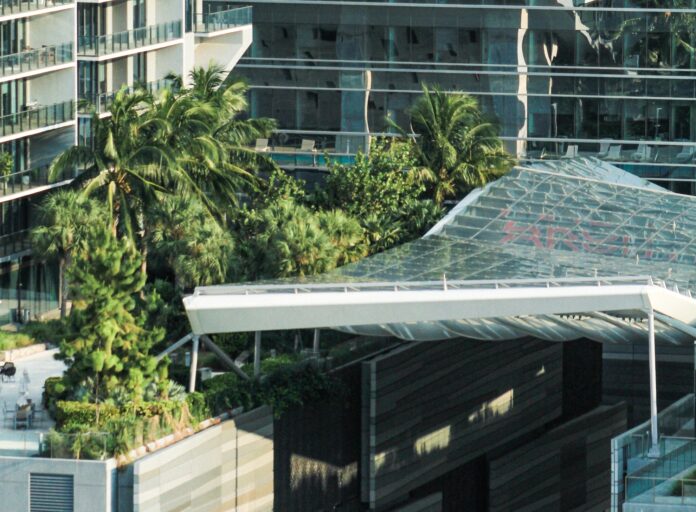In a welcome twist for South African businesses juggling cost pressures with environmental targets, sustainable hotels are emerging as an unexpected solution. Companies switching to green accommodation are discovering significant savings alongside meaningful reductions in their carbon footprint.
Fresh industry data reveals the scale of potential benefits. Organisations using green hotels have reduced their carbon footprint by 27% this year whilst spending 17% less on accommodation compared to traditional options, according to the latest HRS corporate travel report. In today’s economic climate, these savings are garnering serious attention.
“What’s encouraging is that sustainability and cost savings are perfectly aligned,” says Rategang Moroke, Operations Manager of Corporate Traveller. “Companies are seeking both environmental responsibility and competitive pricing from their accommodation partners, and the market is responding brilliantly.”
Hotels are embracing sophisticated technology to enhance their green credentials. Major chains are implementing AI-powered energy management systems that optimise heating, ventilation, and air conditioning in real-time. Smart water management systems using sensors detect leaks and monitor usage, while IoT devices in rooms control lighting and temperature based on occupancy. Some properties have introduced digital check-in options to reduce plastic keycard waste, and smart mirrors displaying sustainability information are replacing printed materials.
While load shedding concerns have eased recently, the resilience of green hotels remains a key consideration for corporate travel planners. Properties investing in solar power, water recycling systems, and energy-efficient operations offer peace of mind should power challenges resurface. Some hotels are even converting organic waste into biogas for electricity generation, reducing reliance on traditional power sources.
Price naturally remains a key factor in hotel selection, spurring technological innovations in the corporate travel sector. “We’ve recently launched Hotel Source, which brings all hotel content into one platform for our travel managers,” explains Moroke. “By incorporating inventory from Booking.com, Expedia, GDS systems and more, we ensure companies never miss out on value whilst meeting their sustainability goals.”
Whilst more firms are requesting sustainability reporting, many are still finding their feet with the data. Travel managers are increasingly partnering with travel management companies (TMCs) that offer detailed environmental metrics through reporting tools, helping to track and improve their environmental performance over time.
Moroke suggests several steps for organisations looking to maximise the benefits of green hotels:
- Review current accommodation data to identify opportunities for switching to sustainable properties
- Engage with TMCs to understand available sustainability reporting tools and metrics
- Consider implementing a sustainable hotel policy that balances environmental impact with cost
- Educate travellers about the benefits of choosing green hotels
- Benchmark performance against industry standards and peer companies
“The next phase is helping companies move from measuring to meaningful action,” says Moroke. “When organisations can easily access sustainable options at competitive rates, making environmentally responsible choices becomes natural. It’s about empowering to make better decisions for both their bottom line and the planet.”
Article Provided




























